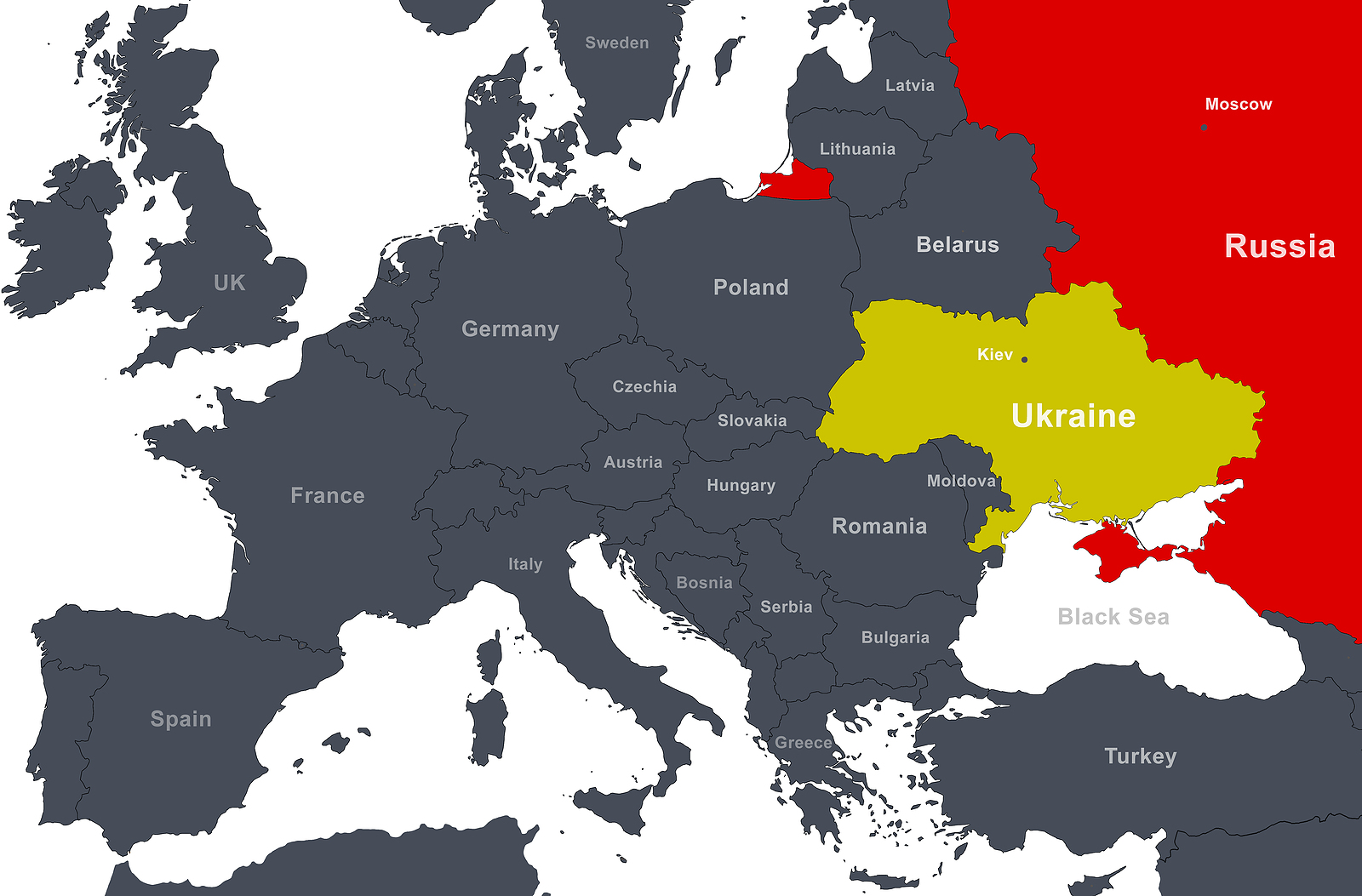By Dr. Andrew Denison
The invasion has made it all too clear that Germany is too big, too rich, and too geo-strategically important to forgo influence, to opt out of the competition with Russia and China.
European security urgently needs German leadership in providing military capabilities, developing geostrategy, and mobilizing allies for this ongoing struggle.
More than Cooperation
Germany needs a new language to meet the challenge of competition. In the foreign policy section of the new German government´s coalition agreement, the word “cooperation” appears 29 times, the word “competition” only once. Even the word “conflict” appears only 9 times, but in the sense of “causes” and “resolution,” not in the sense of “persevere” or “win.” Historic Bundestag speeches on Sunday, 27 February gave an indication of where Germany needs to go.
Cooperation is important, but not sufficient. It is time for Germany to focus on strengthening its influence and competitiveness. Germany’s decisions are of utmost consequence not only for Germany but for the entire Western alliance. Europe’s ability to avoid military blackmail will increasingly depend on Germany wielding influence effectively.
In the face of aggression from Russia as well as from China, the Federal Republic finds itself in a new position – no longer that of 1989 but rather that of 1949, albeit with marked differences. In 1949, Germany stood as a defeated, divided country, increasingly exposed to the ever more aggressive Russians. Today, also unlike 1989, Germany stands as the largest, richest, most geo-strategically important country in Europe – and faces a global competition with Russia and China the likes of which the world has not seen since the hottest phases of the Cold War.
Germany Must Take a Stand
Without German leadership in the sense of skillful use of the levers of power, including military power, Europe, if not the entire West, is increasingly vulnerable to a broad-based, well-conceived offensive by authoritarian, even totalitarian, rivals. Without a competitive and influential Germany, the European Union and NATO will be challenged to counter the threat posed by Beijing and Moscow.
Germany did not seek this challenge, but now the country must face it – just as the United States was forced to confront Stalin and Moscow after World War II. Whether Germany likes it or not, Moscow like Beijing, sees Europe´s peace and prosperity as a potent danger to its system of rule. While Germany enjoys Europe´s open order like no other, German´s location and wealth have also made it the vital if not sufficiently influential keystone of this order.
Germany needs the strategy, the organization, and the sustainability to bring its political, economic, and military strengths to bear – but also to recognize its weaknesses and reduce them. Germany needs carefully considered resilience in all areas of competition.
Europe has rarely succeeded in keeping the peace and becoming the master of its own destiny.
A strategic and competitive Germany focused on strengthening its global role could change this.
This article is an English version of his German article published on the Transatlantic Networks website on February 18, 2022.
Dr. Denison is the Director of Transatlantic Networks.
Transatlantic Networks is a center for political education and consulting based in Koenigswinter, Germany. The center’s research focuses on the possibilities and limitations of a globalization of the Atlantic partnership.
We have a forthcoming interview with Dr. Deninson on the current situation facing Germany and Europe.
The featured graphic: credit: Bigstock
For an earlier interview, we did with him, see the following:


